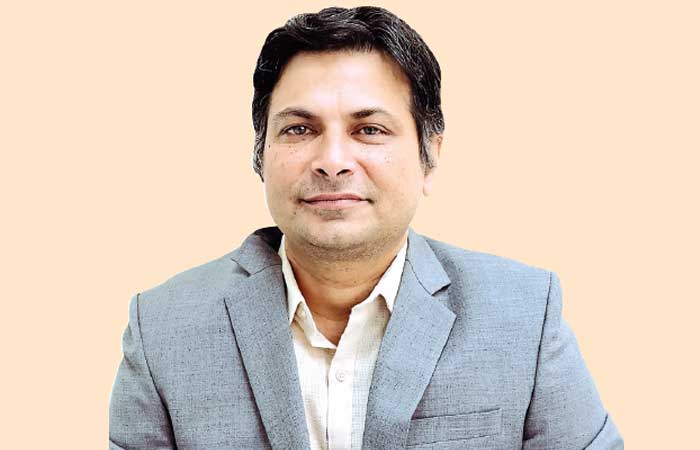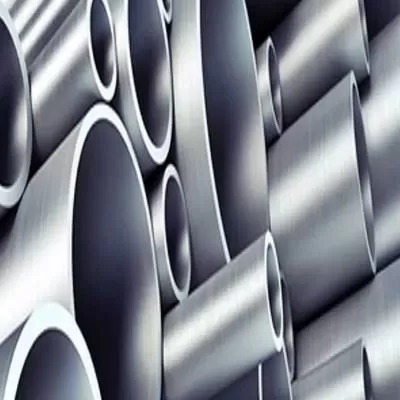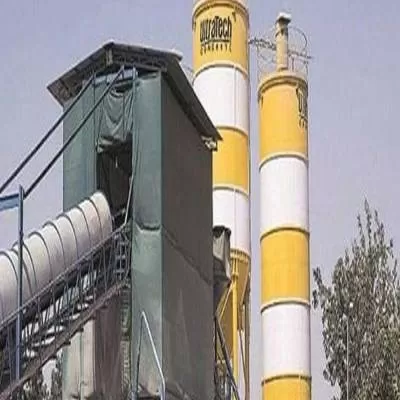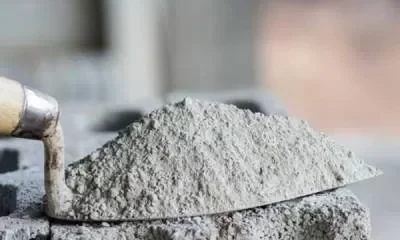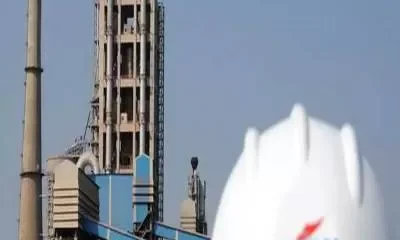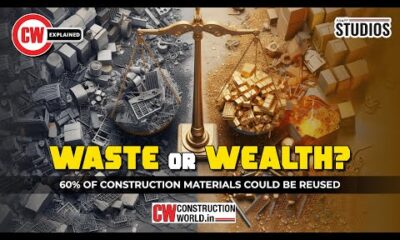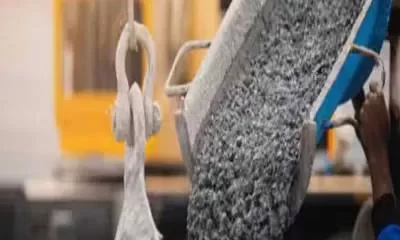Two of the world’s biggest cement producers, Holcim AG and CRH PLC, are investing in a startup attempting to decarbonize the cement production process. Cement and concrete are responsible for about 8% of emissions, more than any other industrial sector.
Holcim and CRH announced a $75 million investment into Sublime Systems, including a promise to purchase green cement from the startup’s pilot facilities and to work with Sublime on additional plant sites. (CRH invested through its venture arm.) Somerville, Massachusetts-based Sublime has developed an electrochemical method of cement production that avoids the process of heating up limestone with kilns powered by fossil fuels.
Reducing cement emissions has long been a technological and economic challenge. Cement is essential to making concrete, and to roads, buildings and other critical infrastructure. But the material’s production generates carbon dioxide emissions from burning fuel (often coal) to heat kilns, from the decomposition of limestone and from quarrying, grinding and transforming the materials.
In tests at its 250-ton-per-year pilot plant, Sublime has been able to demonstrate a 90% reduction in CO2 emissions compared to traditional concrete, according to Leah Ellis, co-founder and chief executive officer. The company is developing a commercial plant in Holyoke, Massachusetts, that would have a capacity of 30,000 tons per year and is set to be completed in 2026. The Energy Department’s Office of Clean Energy Demonstrations will fund up to 50% of that plant’s construction.
Ellis said Sublime’s goal is to provide its technology to larger cement companies with existing infrastructure and supply chains, which would either build new cement plants with the tech or retrofit old ones.
While Sublime’s process generates far fewer emissions, there are many hurdles the company and others like it need to overcome before they can commercialize successfully. One major limitation is the significant capital costs associated with retrofitting cement plants — often large, custom operations — or building new ones.
Another is demand: Low-carbon cement remains more expensive, on average, than traditional cement, making it a hard sell for a construction industry that already operates on razor-thin margins. New regulations, including New York’s mandate for state agencies to buy clean concrete, could help boost demand, said Ash Lauth, a senior campaign strategist for the global cement initiative at Industrious Labs, a US-based nonprofit focused on industrial decarbonization. But the industry still has a long way to go: Last week, Industrious Labs published an analysis that gave Holcim a “D” grade on its sustainability efforts.
“While we’re encouraged that Holcim is investing in Sublime’s innovative technology, we also still want them to show up for the rest of the ways to decarbonize… and work towards issuing a clear and transparent plan for how they’re going to decarbonize their existing US fleets,” Lauth said. Nollaig Forrest, Holcim’s chief sustainability officer, said Holcim is among “the only players in our sector that really takes a whole value chain approach to decarbonizing building at scale.”
The investment from Holcim and CRH brings Sublime’s total funding to over $200 million since its founding in 2020. It’s another signal of confidence in the startup, which was one of six projects selected for the Energy Department’s $1.6 billion program to fund cement and concrete decarbonization.
